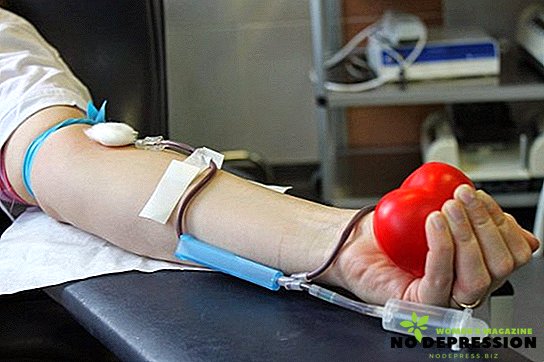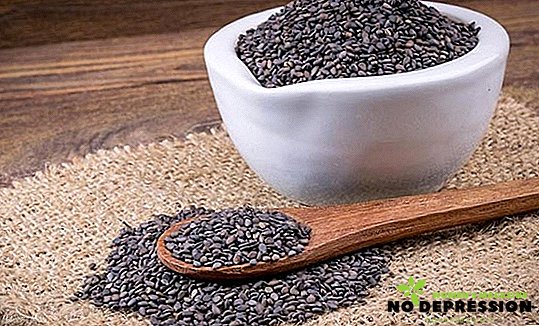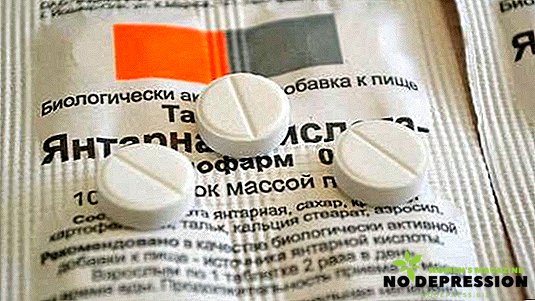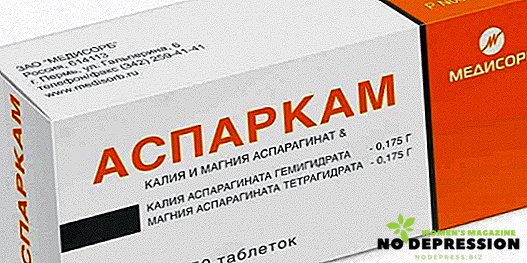In the blood there is a C-reactive protein (CRP), which is one of the main "beacons" with the appearance of any inflammatory process. Protein indicators sharply rise in the pathologies of tissues and organs, the presence of parasites. It is for this reason that you need to know its rate and reasons for the increase.

Significance for the body
CRP is the dominant protein that activates the immune system, which is designed to respond to any pathological changes in the body. It is for this reason that the indicator of reactive C-protein along with ESR is used in diagnosis, since it can indicate the inflammatory process occurring in the body.
 In the case when the integrity of any tissue is broken, inflammatory processes are triggered, resulting in leukocytes secrete interleukins - elements of the human immune system. It is thanks to them that the production of CRP in the liver is stimulated. In the future, the protein assumes the following functions:
In the case when the integrity of any tissue is broken, inflammatory processes are triggered, resulting in leukocytes secrete interleukins - elements of the human immune system. It is thanks to them that the production of CRP in the liver is stimulated. In the future, the protein assumes the following functions:
- Protein attaches to the pathogen, "tagging" it for the immune system.
- Subsequently, the body defense mechanism is launched.
- In the inflammatory focus, the protein binds to the decay products of microorganisms, protecting the person from their influence. Phagocytosis or the process of pathogen microflora elimination is launched.
After 4-5 hours after the onset of inflammation, the protein concentration rises 2-3 times, after two days it can exceed the norm tenfold.
Norm C-reactive protein
It is worth noting that the indicators of CRP in a healthy person will remain normal throughout life. The only exception can be called newborns, in which for some time the C-reactive protein may “jump” a little. In men and women, the rate of this indicator can not exceed 0.49 mg / l.
Among women
According to the research conducted in adult women, these figures are usually lower if they were on breast feeding and not on artificial feeding in childhood. In addition to the possible inflammatory process, hormonal preparations, obesity, and menopause may influence the results of the tests performed on women. Also, an increased value may be with strong toxemia.
In men
According to doctors, a prolonged excess of this indicator in men may indicate a possible development of depression. Factors such as can affect the deviation of the C-reactive protein:
- constant stress;
- smoking and alcohol;
- overweight;
- excessive exercise.
The child has
For the first time, tests are taken from a child immediately after birth, and blood is taken from the umbilical cord. In infants, the rate can reach up to 1.6 mg / l. Subsequently, the norm for children is similar to that in adults, and an excess of protein in the body can be a sign of diseases such as lupus, measles, meningitis.
Reasons for raising
The highest rates of protein - with a bacterial infection, in which the level increases many times. But there are other reasons that can lead to a deviation from the norm:
 viral infection, in which the protein level can reach 20 mg / l;
viral infection, in which the protein level can reach 20 mg / l;- necrosis, tissue damage after a heart attack, tumor, various injuries and wounds;
- atherosclerotic vascular disease;
- arthritis of any type;
- rheumatic polymyalgia;
- neoplasms;
- diabetes;
- arterial hypertension;
- hormonal disbalance;
- meningitis;
- bronchial asthma;
- any diseases of the gastrointestinal tract.
Also increase is possible in the following cases:
- after surgery, which may indicate the appearance of complications;
- during pregnancy - a sign of possible premature birth.
There are also objective factors:
- exercise before analysis;
- excess weight;
- taking hormones;
- a high protein diet;
- trouble sleeping
There are also drugs that can lead to a decrease in protein. For example, non-steroid drugs, some hormones.
Why can be raised in children
In newborns, the amount of protein can remain normal even if he has a blood infection or other complex pathologies, since the baby’s liver does not work at full strength.
And for this reason, if analyzes have shown an increase in protein in the body, an antimicrobial treatment is urgently needed. This indicator can serve as the only "beacon" about the presence of any infection after, for example, surgical intervention.
Also, the level of C-reactive protein can increase with:
- chicken pox;
- rubella;
- measles

The protein level especially jumps in the first few days of the disease, when the child has a fever. After recovery, the indicator quickly returns to normal.
Signs of increased protein
At an increase in the level of protein in the body can indicate symptoms such as:
- small chills;
- fever;
- the appearance of shortness of breath;
- cough;
- excessive sweating.
 In addition, when taking blood tests, the level of leukocytes and ESR increases at the same time.
In addition, when taking blood tests, the level of leukocytes and ESR increases at the same time.
More recently, the level of protein content was used to identify hidden inflammatory processes, but thanks to modern medicine it was possible to establish a link between this indicator and the work of the cardiovascular system. This allows you to build predictions about the possible ailments of this system based on the data.
The main indications for the analysis:
- Identification of complications after surgery.
- The risk of developing coronary heart disease, as well as other pathologies and ailments that occur against the background of atherosclerosis.
- Diagnosis of colitis, Crohn's disease.
- Suspected tumor.
For the reliability of the results obtained, it is necessary to analyze in the morning. Also remember that 12 hours before the analysis you cannot eat food, you should avoid stress, physical activity.
Features of therapy
An elevated protein level is a sign of possible changes occurring in the body, and only a doctor will be able to accurately determine the problem after a test. After the diagnosis, treatment is prescribed depending on the disease. With proper therapy, the level of C-reactive protein will decrease and return to normal in just a day.
And to make therapy more successful, follow these tips:
- do not forget to "work" on reducing cholesterol;
- keep your weight normal;
- Do not forget about the activity: do exercises, walk;
- block or completely give up alcohol and cigarettes;
- It is advisable to switch to proper nutrition for a while.
Repeat tests can be carried out no earlier than 2-2.5 weeks after the symptoms have passed. If the protein is still elevated, it is necessary to consult a doctor again for more advice - perhaps inflammation has reappeared in the body.


 viral infection, in which the protein level can reach 20 mg / l;
viral infection, in which the protein level can reach 20 mg / l;









